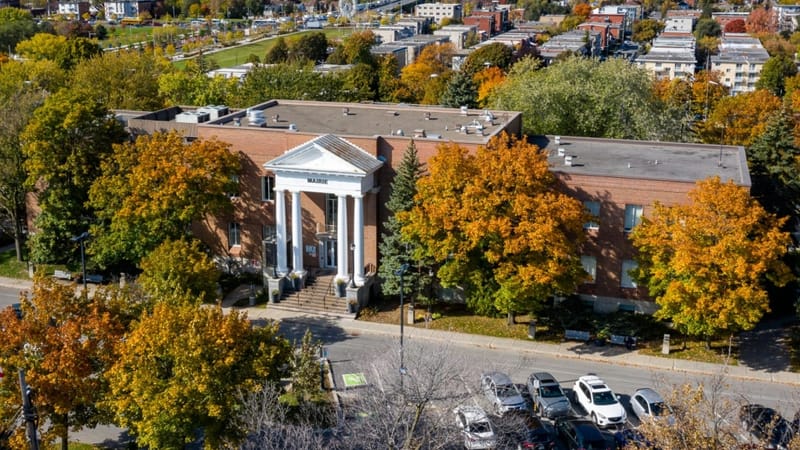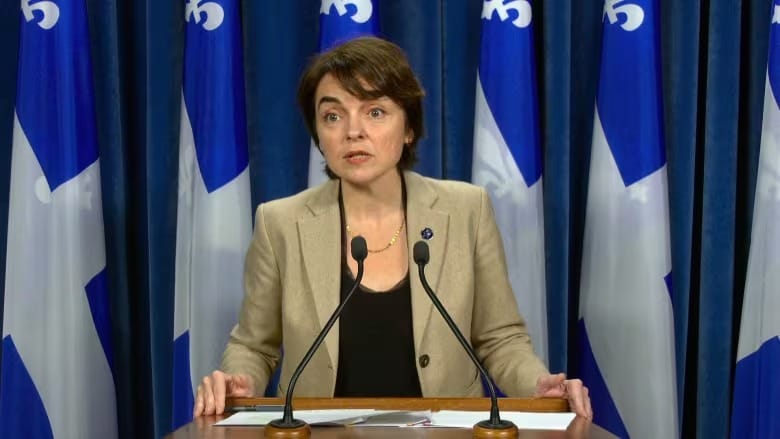Patient care and penalties: FMOQ doctors defend themselves against being “lazy”
"Here is the real data and here is the burden on family doctors. No, they are not lazy," said the president of the Fédération des médecins omnipraticiens du Québec (FMOQ), Dr. Marc -André Amyot, during a press conference on Tuesday.

"Here are the real numbers and the workload family doctors face. No, they are not lazy," said Dr. Marc-André Amyot, president of the Fédération des médecins omnipraticiens du Québec (FMOQ), during a press conference on Tuesday.
As negotiations to renew its framework agreement with Quebec begin, the FMOQ aims to counter the CAQ's narrative regarding the workload of its members.
Premier François Legault has often stated in recent years that some doctors are not seeing enough patients. In 2021, he claimed to have the names of a few who "are not doing a good job."
At the end of August, Health Minister Christian Dubé added that "Quebecers are not getting value for their money."
However, according to FMOQ data, only 5.6% of general practitioners work fewer than 175 days per year "without identifiable reason."
This is because many family doctors, especially younger ones, are required to work in emergency rooms during their first years of practice. Other factors, such as maternity leave or partial retirement, also influence these figures.
Pay and Penalties
Dr. Amyot also addressed reports from La Presse, which suggested that Quebec might introduce penalties for less productive general practitioners.
The Legault government is reportedly considering evaluating doctors based on three criteria: patient satisfaction, wait times for appointments, and care provided to vulnerable populations.
Dr. Amyot expressed openness to discussing penalties but emphasized that the approach taken by Quebec would be critical. "Everything is on the table," he said, but stressed that doctors must have control over how they meet the expectations. "You can't make getting paid conditional on something I don't control," he argued.
The "satisfaction" metric, in particular, seems hard to apply. For instance, a patient denied a scan or antibiotics might leave disappointed, even if the doctor's decision was clinically appropriate.
Dr. Amyot suggested that instead of linking pay to patient satisfaction, indicators should focus on the overall health of the population.
Closing the Gap with Ontario
As before, family doctors in Quebec want to narrow the pay gap with their Ontario counterparts.
After arbitration, Ontario doctors recently secured raises for the first year, with further negotiations ongoing for future years. "Should we include these raises when calculating our pay gap? I think we should," said Dr. Amyot.
Currently, the average overall pay for Quebec doctors is $330,313, compared to $393,030 in Ontario, based on FMOQ data. The union acknowledges, however, that the cost of living must also be considered in these comparisons.





